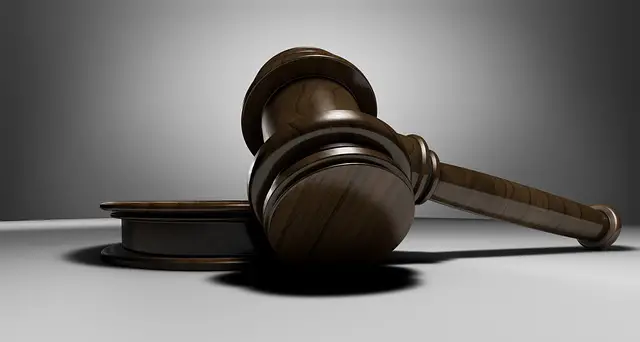Whether you’re involved in an accident or charged with a crime, it is critical to know which type of lawyer you should consult. Not all law officials follow the same procedures, and the nature of your case impacts the process. Personal injury has been a common practice area in the United States for many years now, but the circumstances surrounding these cases have drastically changed. Make sure to get the best firm in these types of scenarios, MVP Accident Attorneys – Law Firm.

To get the facts straight, we reviewed the website of The Hawk Firm, personal injury and criminal defense lawyers, and compiled our findings in this article.
There are four key differences between personal injury and criminal defense lawyers: the incidents they contest, their roles in the courtroom, their opponents, and their goals.
Personal Injury vs. Criminal Defense: Incidents
Not all lawyers are the same. Each type studies the law and prepares for different groups of scenarios.
As their job title indicates, personal injury lawyers handle incidents involving individuals who get hurt. Whether the culprit is a negligent driver, a code-breaking workplace, or an aggressive dog, if someone else is at fault and you suffered, you can sue. You’ll need a dedicated personal injury lawyer to help establish your case and earn the highest compensation.
Criminal defense lawyers, on the other hand, take clients charged with crimes. In cases of low-level crimes like shoplifting, misdemeanors, or DUIs without injury or death, a legal professional can lower the defendant’s sentence. A criminal defense lawyer may be able to turn a felony charge into a misdemeanor, sparing the client high costs and imprisonment.
Personal Injury vs. Criminal Defense: Lawyer Roles
In a personal injury suit, the lawyer’s role is to establish how the client has suffered. Accidents cause more than just high medical bills. The time someone spends hospitalized or unable to work takes a toll on their finances, affecting all parts of life. Thus, a personal injury specialist must make a case for the physical, mental, monetary, and other losses the client suffered.
After proving a client has suffered, a personal injury lawyer must establish the negligence responsible for the suffering.
In a criminal defense suit, the lawyer debates presiding laws and better defines the client’s situation. A legal official will often detail the client’s nature, everyday life, and circumstances to lessen the severity of the charged crime. Since many lawyers represent first-time criminals, they can often get the court to grant leniency.
Personal Injury vs. Criminal Defense: Opponents
Personal injury and criminal defense lawyers debate against different opponents both inside and outside the courtroom.
A personal injury lawyer debates matters of compensation against parties like the client’s workplace or insurance company. To earn the most damages, the legal representative must prove that the party was negligent and that they are due awards consistent with presiding standards.
Rather than in court, personal injury cases most often end in settlements between an insurance company, a workplace, and a client.
A criminal defense lawyer’s opponents are the law and the jury. Unlike personal injury cases, criminal defendants usually go to court, where they must try for a lesser verdict or an innocent plea.
Personal Injury vs. Criminal Defense: Goals
The last difference between lawyer types is the desired outcomes.
A personal injury lawyer’s goal is to assure the client earns the proper damages for their suffering. They cannot overlook mental, monetary, and secondary afflictions in the process. Most personal injury cases reach a settlement and don’t require a court hearing. As such, the lawyer’s goal is to argue for a favorable settlement.
If you want to make sure that this is as likely as possible, it’s all about finding the right personal injury lawyers for your case. That can take some time, and it’s mostly a matter of looking around at different options until you come across the best lawyer you can find. If you do that, you should find that you have a much better case, and a better chance of that case succeeding in court, which is what’s important.
A criminal defense lawyer’s goal is to either mitigate their client’s charge or prove their innocence. The majority of individuals accused of misdemeanors are guilty, but many charged with felonies are not. Thus, a criminal defense lawyer seeks to lower the client’s crime status to a misdemeanor to save them from imprisonment, high fines, and other consequences.
Conclusion
Legal officials have different goals, procedures, and skill sets depending on their areas of expertise. Now that you know the differences between these two types of lawyers, you can contact the appropriate one for your case.










